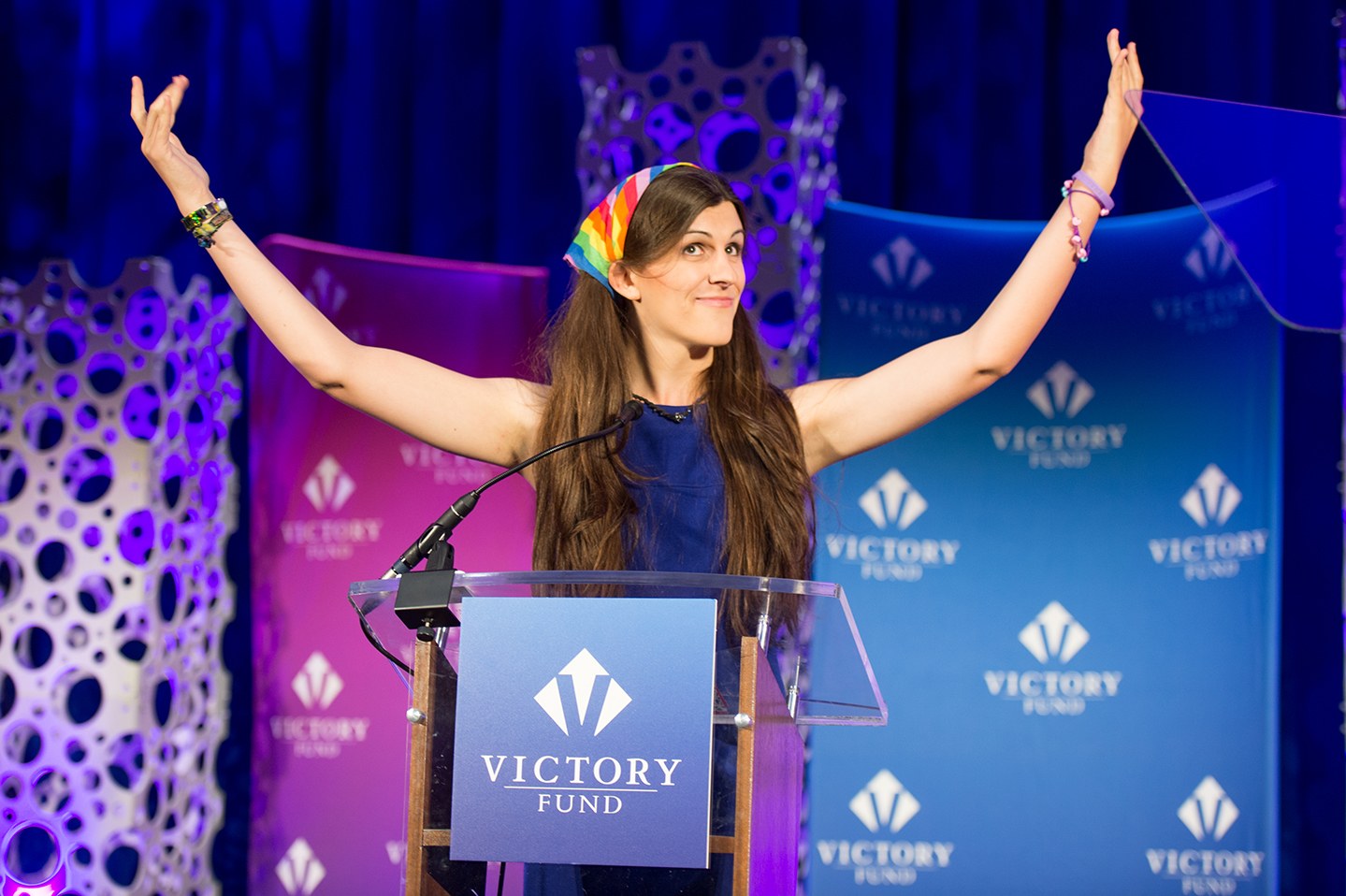It’s 2017, and, by and large, the current state of the world is a flaming pile of garbage. We seem to be on the brink of nuclear war, climate change is happening at an exponential pace and every day “The Handmaid’s Tale” starts to look a lot less fictional.
In what may be the only positive effect coming from Trump’s presidency, more underrepresented people than ever have displayed an interest in running for office. In particular, women, people of color and the LGBTQ community, perhaps frustrated and tired with an administration that doesn’t represent their interest or identities, have decided to enter into the political sphere.
This week’s local elections have shown us an incredibly hopeful outcome. Across the nation were a number of “firsts” worth celebrating. These elected officials are making important strides toward representing what the American people actually look like. While we’re still far from a range of diversity that accurately reflects the population at large, Tuesday showed us some important first steps.
These results also reflect the importance of often-overlooked local elections. Local government has a much more direct and immediate impact on citizens’ daily lives and provides additional avenues for policies. This year’s groundbreaking results show that meaningful change can be affected by participating in local elections. For anyone interested in getting further involved with their local political scene, check out organizations such as Rock the Vote, which can be great resources for fast and easy information about how to register, election deadlines, voting rights and election reminders.
Here’s a list of some of the new legislators making waves.
1. Danica Roem (VA)
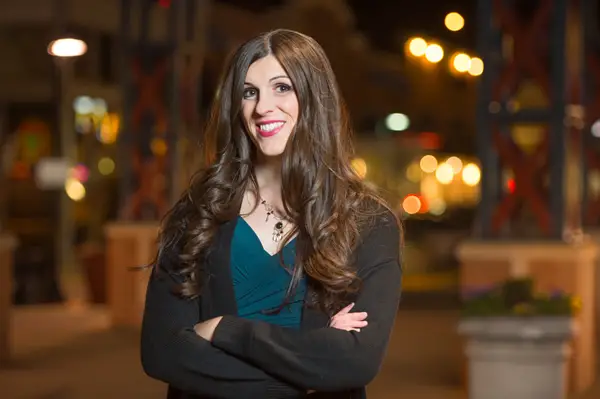
Roem, a thirty-three-year-old journalist, is Virginia’s first openly transgender elected official. She unseated Robert Marshall, a well-known critic of the LGBTQ community who both introduced the “bathroom bill” and has referred to himself as “chief homophobe.”
Roem ran a campaign focused on traffic issues and other local problems to win her seat in the House of Delegates for Prince William County. She commented on the results saying, “Discrimination is a disqualifier. This is about the people of the 13th District disregarding fear tactics, disregarding phobias…where we celebrate you because of who you are, not despite it.”
2. Ravi Bhalla (NJ)
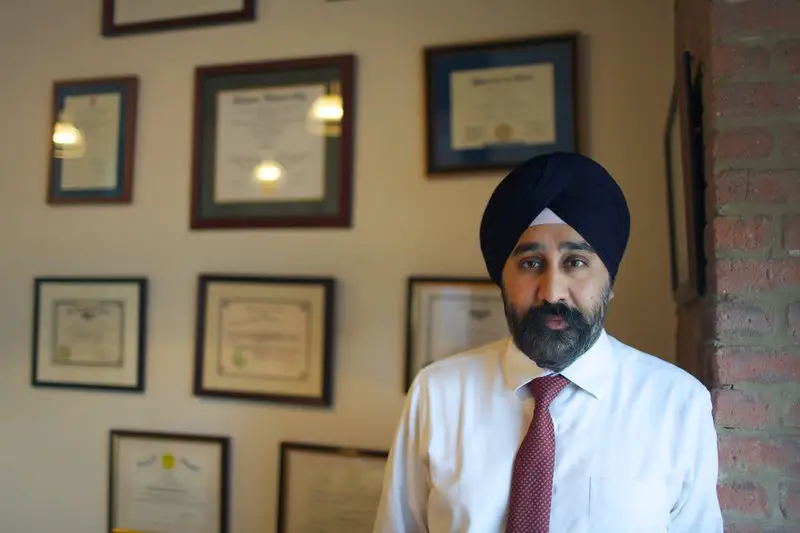
Bhalla is the first Sikh American mayor in his home state of New Jersey. A former two-time Hoboken City Council member, Bhalla was endorsed by the former mayor, Dawn Zimmer, and has experience as council president, Democratic municipal chair and Democratic committeeman.
The week before the election, the former attorney was targeted by a racist flyer campaign, which told residents not to “let TERRORISM take over our Town!” After the election, Bhalla told HuffPost if he could give advice to his younger self, it would be “There is no conflict in this country between being a Sikh and being a successful American.”
3. Vi Lyles (NC)

Another important first, Vi Lyles is the first black, female mayor of Charlotte, North Carolina. Lyles has been lauded for her ability to foster dialogue between opposing parties and to lead in building coalitions. A long time civil servant, Lyles has spent years committed to public service as a city administrator, city council member and budget official.
Her platform focused on advocating for social and economic justice for Charlotte residents. In a speech to the “Charlotte Observer,” she said, “With this opportunity you’ve given me, you’ve proven that we are a city of opportunity and inclusiveness. You’ve proven that a woman whose father didn’t graduate from high school can become this city’s first female African-American mayor.”
4. Kathy Tran (VA)
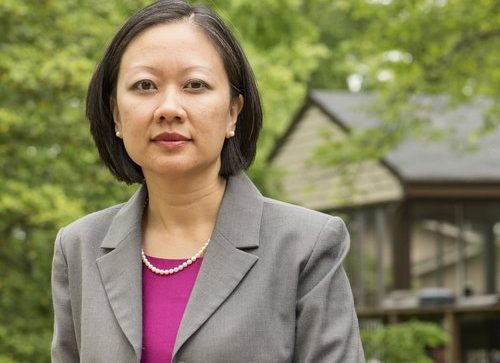
At seven months old, Kathy Tran and her parents fled Vietnam as refugees. She has gone on to be the first Asian-American woman elected to the Virginia House of Delegates. Tran’s platform focused on issues such as expanding access to affordable health care, improving public schools, creating gun violence prevention measures and protecting the environment.
She has extensive experience in the U.S. Department of Labor as director of the Division of Policy, Legislation and Regulation and working for the National Immigration Forum. Tran is one of forty-three women who ran for the Virginia House of Delegates in 2017, which were higher numbers than ever before.
5. Sheila Oliver (NJ)
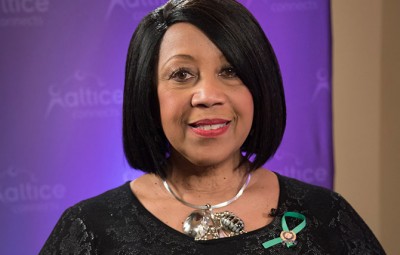
Oliver is not only New Jersey’s first black lieutenant governor, but was also the first black, female assembly speaker.
In her victory speech, she spoke to the importance of representation, “This may not have been the first glass ceiling I have broken, but it is certainly the highest. I hope somewhere in this great state of New Jersey a young girl of color is watching tonight and realizing she does not have a limit to how high she can go.” She has extensive experience as an assembly speaker, serving in the Lower House and serving on the Essex County Board of Chosen Freeholders.
6. Jenny Durkan (WA)
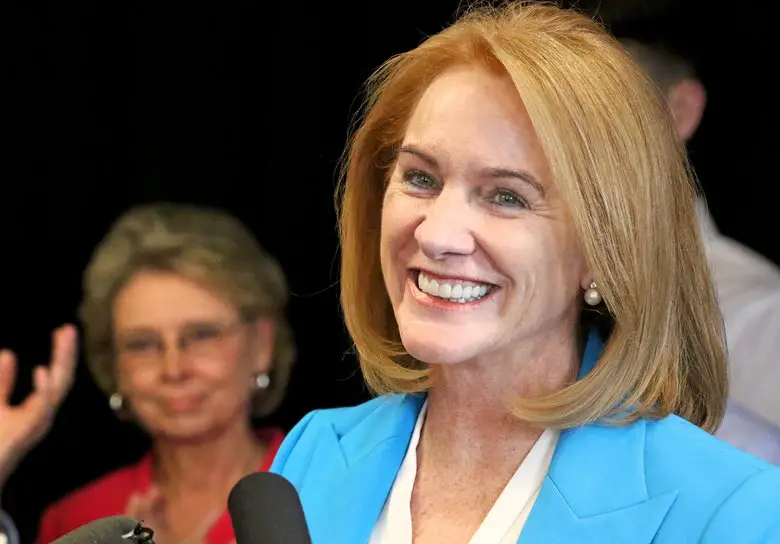
In Washington, Jenny Durkan became the first openly lesbian politician elected mayor of Seattle (and first female mayor since the 1920s). Endorsed by the “Seattle Times” as the “best choice to be Seattle’s next mayor,” Durkan’s qualifications include being appointed U.S. attorney for Western Washington by Barack Obama, where she was the first openly gay person to hold this position.
Her main platform issues are tackling homelessness, housing problems and free community college for all public high school graduates. She gave a call to action on the night of the vote, saying, “We really can show what it looks like when progressive values are put into action,” she said, adding, “Donald Trump, keep your hands off Seattle.”


